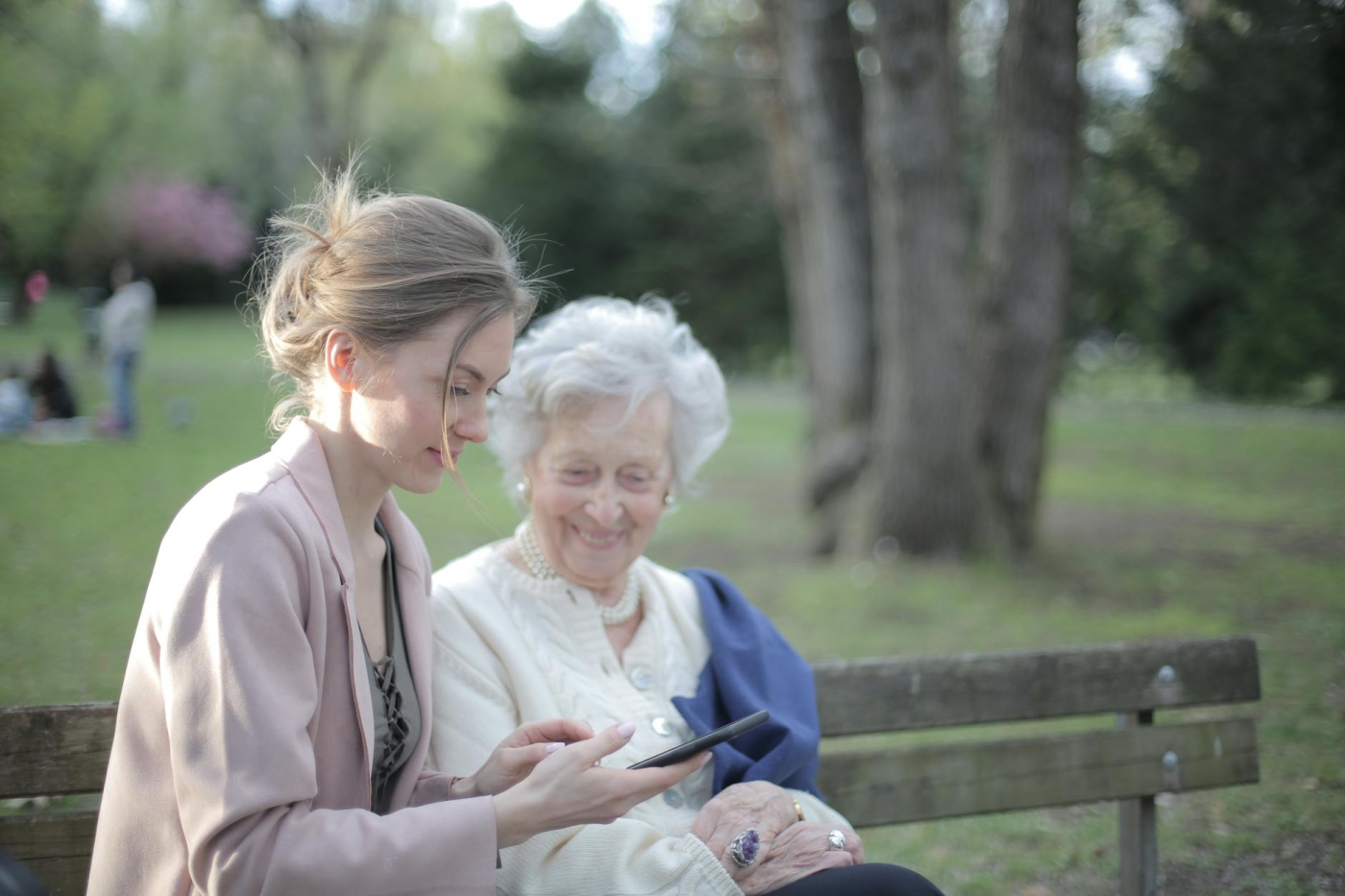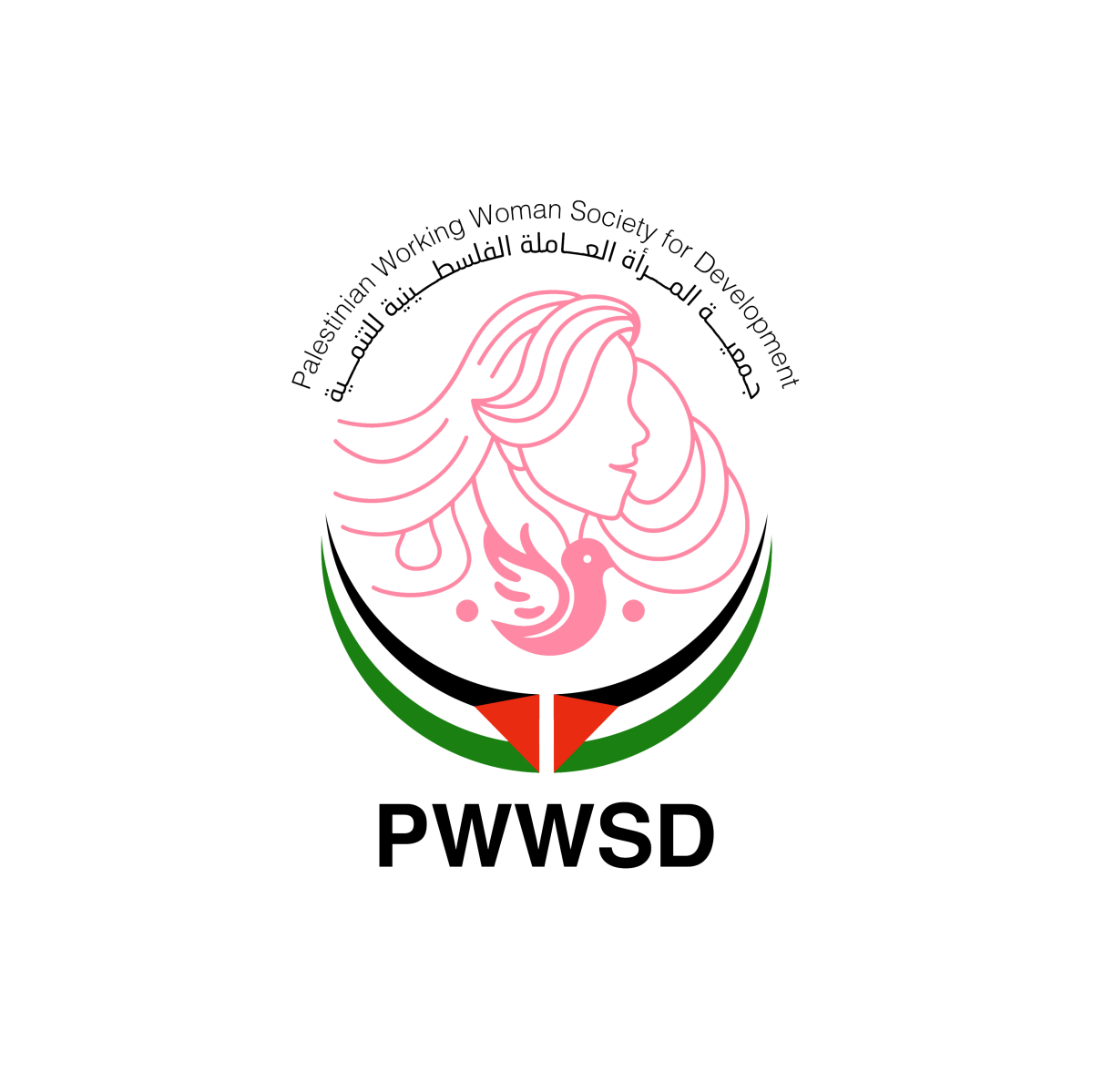Transforming Suffering to Power: one woman’s story of escaping violence and pursuing her dreams

*Rima is an alias used to maintain her privacy and confidentiality.
December 2020 – Almost all victims of gender-based violence (GBV) suffer in silence. Detecting violence behind closed doors remains a challenge. The COVID-19 pandemic began to spread in December 2019 and cases of violence in Palestine began to steadily increase from March 2020 onwards. According to a recent report by the Al Muntada, approximately 32 women and young women have lost their lives due to GBV in this year alone.
The Palestinian Working Women Society (PWWSD) helpline is one way in which these victims of violence can get help. Rima, a 19-year-old young woman from Ramallah used PWWSD’s psychosocial and legal counseling helpline. When she was in high school, Rima had aspired to continue her education, explaining “I wanted to finish my studies. I didn’t want to marry at a young age”. However, Rima was forced by her father into an engagement with a man not of her own choice. She was denied the freedom to choose her own partner for life.
After expressing her desire to separate from her fiancé, Rima was subjected to physical violence by her father. This humiliation and violence were exacerbated by other family problems. Her father refused to speak with her, and pressured other family members to do the same. Rima became depressed because of her worsening relationship with her family and her fiancé and the breakdown of her social life. She struggled to prove herself and challenge this mistreatment and violence. She started avoiding any contact with her family members or expressing her feelings to them. Despite the challenges she faced, however, Rima tried to spend time with her sisters at home.
She understood her need for self-protection, and therefore called the PWWSD helpline and spoke to one of their counselors. Maintaining privacy and confidentiality, PWWSD’s counselor took immediate action and explained the phone counseling protocols to Rima. At the beginning of the sessions, Rima experienced fear, anxiety, and mood swings.
Rima said, “I felt that I would never be able to confront anyone”. She often remained quiet and was unable to express her feelings resulting in her being unable to sleep, feeling uncomfortable, unsafe, and frustrated with her family, and in constant dread of her father. The situation soon improved. “I could now see a light at the end of a dark tunnel”, Rima stated.
In the sessions with Rima, the counselor listened to Rima, , shared methods to reduce stress and anxiety, conducted motivation sessions to encourage her to complete her studies, and helped her understand her right to make her own choices and decisions. The counselor also shared self-protection techniques and alternative ways to communicate with her father through discussion and persuasion. As a result, Rima was positively motivated to develop her personal skills through various activities and watching videos on self-development which also helped increase her self-confidence. Additionally, she was advised to seek legal services when needed, offered by PWWSD through the National Referral System.
With this newfound sense of protection, Rima challenged the abuse she suffered and ended her self-isolation. She said: “I now feel confident and am able to express my views and opinions and make my own decisions”. Rima now believes in her ability to deal with any challenges she will encounter. Rima also persuaded her family to accept her separation from her fiancé and convince them of her right to choose her life-partner and continue her education.
Between March and November 2020, PWWSD has provided phone counseling for more than 3,070 cases for women like Rima, to help them break the cycle of violence. Many of these women are now empowered and able to advocate for their rights at the policy level. A recent policy meeting held by PWWSD in partnership with UN Women through the HAYA Joint Programme, allowed women survivors of violence the opportunity to develop and present their positions regarding violence in the family and beyond. They called upon decision makers to endorse the Draft Family Protection Bill by a Presidential Decree. Their shared message rang loud and clear: “No tolerance for violence against women and girls”.
This story is published as part of the 16 Day Campaign Against Gender-Based Violence by the PWWSD in partnership with UN Women through the HAYA Joint Programme. The HAYA Joint Programme seeks to eliminate violence against women in the West Bank and Gaza Strip. HAYA is funded by the Government of Canada and jointly implemented by the United Nations Entity for Gender Equality and the Empowerment of Women (UN Women), the United Nations Population Fund (UNFPA), the United Nations Human Settlements Programme (UN–Habitat), and the United Nations Office on Drugs and Crime (UNODC), in partnership with the Ministry of Women’s Affairs and the Ministry of Social Development as well as other ministries and civil society organizations.






